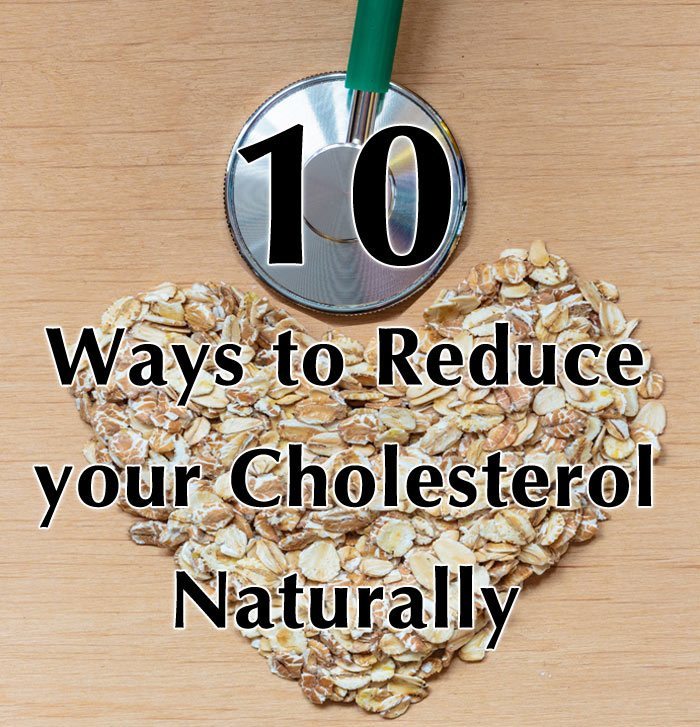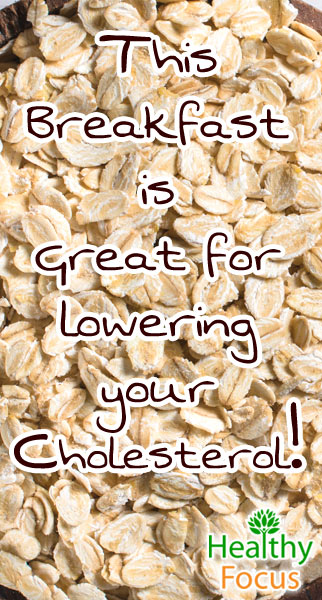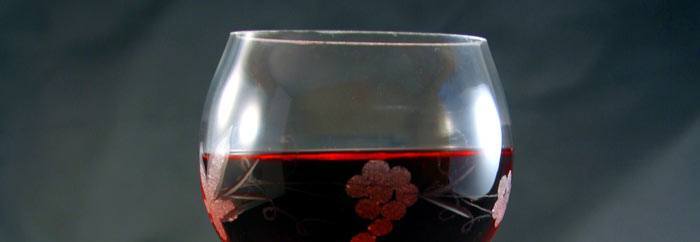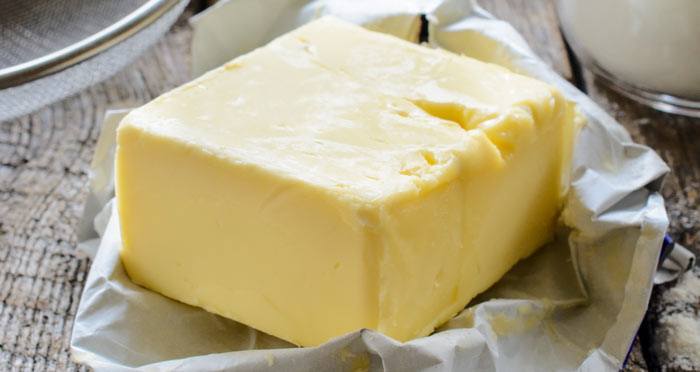Last Updated on November 29, 2016 by Marc Seward

How to Reduce your Cholesterol Naturally
I am sure that everyone is aware of the dangers of high cholesterol levels; having high levels of cholesterol increases the risk of heart disease as well as stroke. As you get older, your blood cholesterol levels are likely to increase.
If you feel that you may be at risk of increased cholesterol, you should get a test done as soon as possible. The good news is that high cholesterol levels can be reversed and if you do not yet have high levels, then a certain amount of care regarding diet and exercise can help prevent you from developing high cholesterol levels in the first place.
What to avoid
- Foods with Saturated fats, trans fats, dietary cholesterol
Butter tastes great and is extremely versatile but unfortunately it is a major source of saturated fat. You should also try to limit your intake of red meat, so a rare steak slathered in butter probably should be a rare treat at the very most. Also avoid other foods high in saturated fats such as cream, hard cheeses, cakes, sausages meat pies, ghee and lard. Try to also limit your intake of dietary cholesterol-major sources include eggs, organ meat such as kidney and liver and also shellfish. - Smoking
While smoking caries plenty of very well-known health effects, it can also seriously impact your cholesterol levels. A chemical found in cigarettes called acrolein prevents HDL or the good cholesterol from depositing its fatty acids in the liver which results in the arteries becoming narrower. - Frying
Instead of frying your food, consider alternative cooking methods like poaching, microwaving, steaming or grilling. Every little effort will help in the long run.
What You Can Do
For most people that want to reduce their cholesterol levels, there is no need to go down the prescription medication route nor are supplements always recommended. Some healthy lifestyle changes can have a very positive impact on your level of cholesterol with the added bonus of improving your health in general.

1. Exercise
While much of the focus of reducing cholesterol is related to dietary changes, you should not forget to also increase your amount of regular exercise. According to webmd, regular exercise can impact your cholesterol levels in two positive ways.
Firstly, exercise reduces your LDL or bad cholesterol levels but it can also increase your HDL or good cholesterol by as much as 10%. According to experts, you do not need to increase especially vigorously in order to improve your cholesterol but sticking to a regular target is important. Simply walking for 30 or so minutes up to 5 days a week should prove very beneficial.
2. Olive Oil
Olive oil is chock full of natural health benefits and is great for your heart. Olive oil is a rich source of monounsaturated fatty acids that help the body to reduce LDL cholesterol levels.
Instead of using regular cooking oil or butter, consider olive oil to roast your vegetables and marinade your meats and fish. Olive oil also makes a delicious, healthy salad dressing. Try to use at least 2 tablespoons of olive oil a day to get the most of its heart healthy benefits.

3. Soluble Fiber
Soluble fiber reduces your blood’s LDL levels-Low density lipoprotein is the bad cholesterol that you need to decrease. Tweaking your diet to include sufficient soluble fibers will have a very beneficial effect on your cholesterol.
- Oatmeal for Breakfast
Oatmeal is a great way to start your day in the healthiest way possible.A bowl of oatmeal contains around 6 grams of soluble fiber which you can complement by adding a fruit such as bananas.Adding chopped or sliced fruit will increase your intake of soluble fiber to around 10 grams which is about the minimum you should be aiming for each day. - Other food rich in soluble fiber
Plenty of other food stuff can help you to increase your daily intake of soluble fiber-apples, pears, kidney beans, barley and prunes can all help you to reduce your LDL cholesterol levels and keep your heart in good shape.
Psyllium husk is another great source of fiber with the additional bonus that it might help you to lose a few unwanted pounds. For a more comprehensive look at psyllium husk’s benefits see here
https://healthyfocus.org/psyllium-husk-for-weight-loss/

4. Green Tea
Green tea is one of the best things that you can drink. It is full of healthy antioxidants and is also a source of compounds known to help reduce LDL cholesterol. Consider replacing your morning cup of coffee with green tea and don’t stop there-why not drink it throughout the day.
Green tea has the additional bonus that it suppresses the appetite and might help you to keep your weight under control. You could also consider green tea supplements; one Brazilian study showed that capsules containing extract from green tea helped subjects to reduce their total cholesterol level.
5. Garlic
Adding a couple of cloves of delicious garlic to your dinner might help you to get a healthy heart. Research suggests that garlic can help prevent clotting, reduce high blood pressure and lower cholesterol levels.

6. Red Wine
There is some good news for those of us that enjoy the odd tipple. The role of red wine in reducing LDL cholesterol has been studied fairly extensively and while there are some contrasting results, it seems that red wine and other alcohol taken in moderation can have a very beneficial effect on cholesterol.
There are clearly dangers associated with overdoing alcohol but its moderate consumption can lead to an increase of HDL or good cholesterol levels by up to 10%. Experts suggest that around a drink a day for women or two a day for men is sensible.
7. Fish
The reason that fish is so good for you is that they are incredibly rich in omega-3 fatty acids. These acids are known to help reduce cholesterol levels and we should all be aiming to get sufficient fish into our diets. Many experts recommend eating fish at least 3 times a week so consider changing up your red meat for some healthy salmon, mackerel or even a salad made with canned tuna.
Experts recommend getting your fatty acids from fish but fish oil supplements are available, effective and generally considered to be safe though you should check with your doctor if you are taking any anti-clotting medications.
For vegetarians or those that cannot stomach too much fish, there are several good sources of omega-3 fatty acids in the plant kingdom walnuts, canola, flaxseeds and soybeans all contain ample amounts of omega-3s.

8. Nuts
Regularly eating nuts can help bring about a moderate reduction in cholesterol. Almonds and walnuts are especially good for you but be careful of splurging as they are very high in calories and might not be a great way of keeping your weight in line.
9. Beans
I love beans, all types of beans so this is especially good news for me. Research has demonstrated that simply adding half a cup of beans to your soup lowers total cholesterol by around 8%.
The reason beans are so good is that they are rich in soluble fibers which slows down the rate and the level of cholesterol absorption. Black beans, pinto beans and red kidney beans are all delicious and very versatile. I am especially fond of black bean burgers which I make a few times a month but get online and check out some delicious bean recipes.

10. Margarine
Certain margarines now come with cholesterol busting plant sterols. Plant sterols slow and reduce the absorption of cholesterol so look out for margarine products that are labeled with sterols such as Benecol or Promise activ.
Leave a Reply
You must be logged in to post a comment.